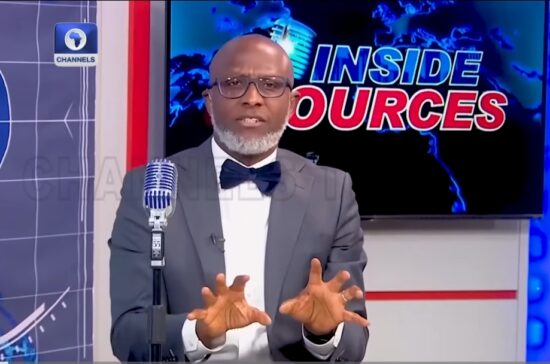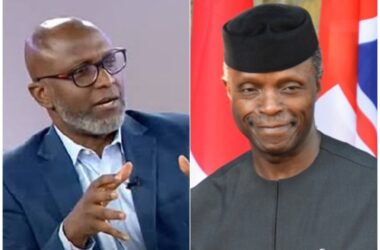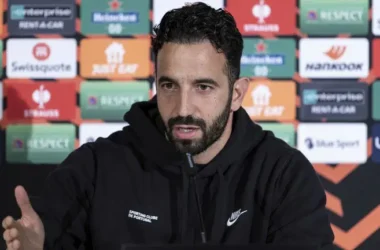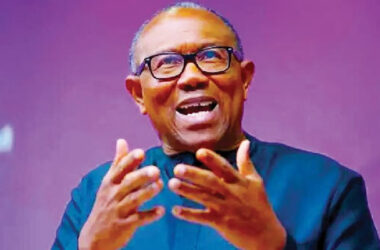Former Presidential Aide and veteran journalist, Laolu Akande, has called on the National Assembly to urgently pass the long-stalled Unexplained Wealth Bill, describing it as a crucial instrument in the fight against corruption and a “lifeline for the nation.”
Akande made the call during the My Take segment of Inside Sources with Laolu Akande on Channels Television on Friday, where he expressed deep concern over the corrosive effects of corruption on national planning, budgeting, and development.
Citing the recent remarks by the Chairman of the Economic and Financial Crimes Commission (EFCC), Ola Olukoyede, Akande said the continued delay in passing the bill raises serious questions about the commitment of lawmakers to the anti-corruption agenda.
“At times, I feel we ought to have a way to compel members of the National Assembly to take this kind of appeal seriously and pass such a bill speedily,” Akande said. “You wonder why such a bill is being delayed. That the Chairman of EFCC had to be begging for about a year now on such an imperative bill—it must be a thing of worry for every Nigerian of goodwill. What are they doing?”
The Unexplained Wealth Bill, which has been pending before the National Assembly, seeks to empower law enforcement agencies to prosecute individuals who possess assets grossly disproportionate to their legitimate income—a power currently limited by legal hurdles requiring proof of predicate offences.
Quoting Olukoyede, Akande said: “‘Help me pass the Unexplained Wealth Bill. I’ve been begging for that for the past year. How do you explain someone working 20 years in the ministry, yet owning five luxury properties in Maitama and Asokoro? We are still told to go and prove a predicate offense. That is absurd.’”
Akande argued that corruption remains “the big elephant in the Nigerian room,” undermining public budgets and private sector planning alike.
“When governments make budgets, or even in the private sector planning, the corrosion of corruption can make every planning a complete mess,” he said. “Development planning, national planning, budgeting—all of those are of no use because of the corrosion of corruption.”
Referring to President Muhammadu Buhari’s famous warning that “if we don’t kill corruption, corruption will kill us,” Akande urged the Tinubu administration, state governors, and political coalitions to prioritize the anti-corruption fight and articulate clear strategies as Nigeria approaches the 2027 elections.
“Let’s renew our call on the Tinubu administration, and all the governors of the states, to make the fight against corruption a serious and strategic one,” he said. “Let us ask them: how are they going to deal with corruption? And how are they going to deal with it properly?”
Akande warned that the anti-corruption agenda must not become a tool for political vendetta or persecution, but must be rooted firmly in the rule of law.
“The fight against corruption is an imperative. We also don’t want unmitigated persecution of political opponents and other personal vendetta. Let us fight this corrosion properly under the rule of law, and we can do it.”
He also highlighted Olukoyede’s disclosure at a recent National Assembly event, where the EFCC boss revealed that early findings into the Nigerian National Petroleum Company Limited (NNPCL) had already exposed massive irregularities, despite only a preliminary review.
“We have only just opened the books,” Olukoyede had said. “If this is what we are seeing at the surface, imagine what lies beneath.”
In closing, Akande warned that the future of Nigeria hinges on how seriously the country tackles corruption in this political cycle.
“This is about rescuing the soul of Nigeria. If we don’t act now, united across political lines, history will judge us harshly,” he quoted Olukoyede, adding:
“It’s a lifeline for our nation. Any president or any party that cannot commit to do this, to fight corruption—such a party or such a president should not get the backing of the people.”








